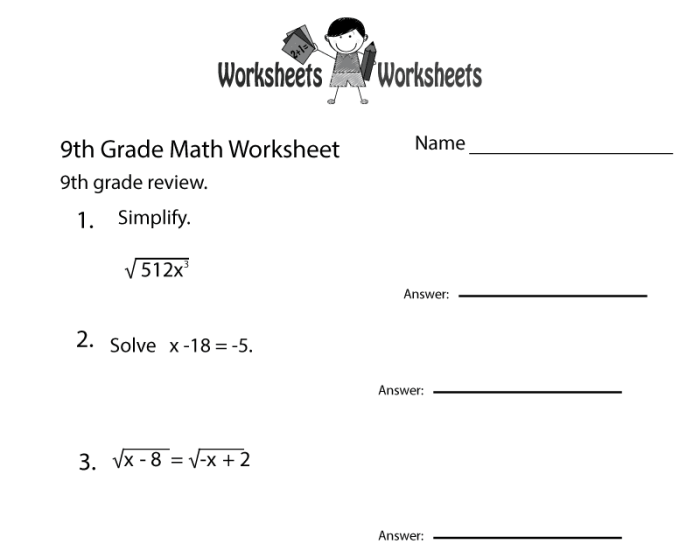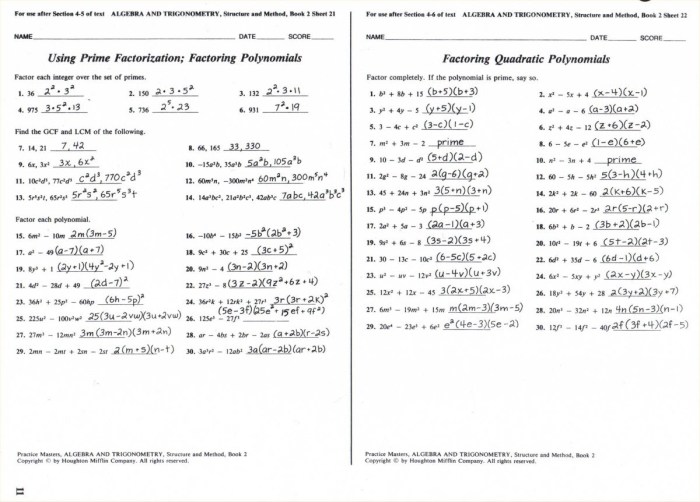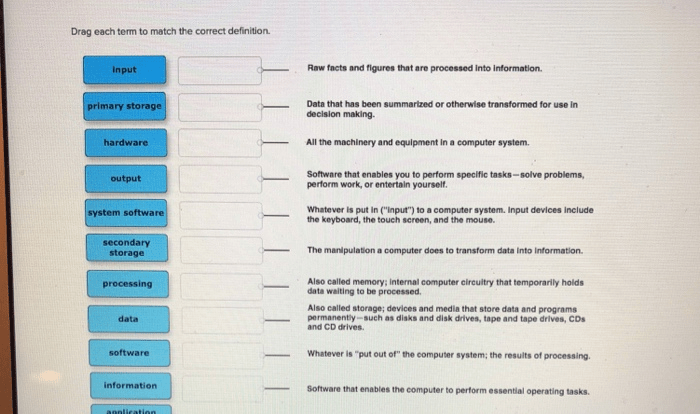Evaluate homework and practice algebra 2 – Evaluating homework and practice in Algebra 2 is crucial for student success. It provides teachers with valuable insights into student understanding, helps identify areas for improvement, and promotes effective learning. This article explores the benefits of evaluation, offers practical tips for effective evaluation, and discusses strategies for using evaluation to enhance student learning.
Effective evaluation involves setting clear expectations, providing timely and specific feedback, and using a variety of assessment techniques to gauge student understanding. By incorporating these strategies, teachers can create a dynamic and supportive learning environment that empowers students to reach their full potential.
Evaluate Homework and Practice Algebra 2

Evaluating homework and practice assignments in Algebra 2 plays a pivotal role in assessing student learning, providing timely feedback, and guiding instructional decisions. By carefully reviewing students’ work, teachers can gain insights into their understanding of concepts, identify areas of strength and weakness, and tailor their teaching strategies accordingly.
To effectively evaluate homework and practice, teachers should establish clear expectations and grading criteria, provide constructive feedback that addresses specific areas of improvement, and use a variety of assessment techniques to gauge student understanding.
Specific Techniques for Evaluating Homework and Practice
Rubrics provide a structured framework for evaluating homework and practice assignments, outlining specific criteria and corresponding performance levels. By using rubrics, teachers can ensure consistency and fairness in their evaluations and provide students with clear expectations.
Effective feedback on homework and practice should be timely, specific, and actionable. Teachers should focus on providing constructive criticism that helps students identify their errors and develop strategies for improvement. Feedback should also be encouraging and supportive, fostering a positive learning environment.
Assessing student understanding through practice can be achieved through various techniques, such as formative assessments, exit tickets, and quizzes. These assessments allow teachers to gauge student comprehension in real-time and make adjustments to their teaching as needed.
Using Technology to Evaluate Homework and Practice
Technology can significantly enhance the evaluation process in Algebra 2. Online platforms and software can provide automated grading, track student progress, and generate reports that highlight areas for improvement.
Examples of technology tools that can be used for evaluation include online homework systems, digital whiteboards, and assessment apps. These tools offer a range of features that can save time, provide instant feedback, and facilitate personalized learning.
Technology can also enhance the evaluation process by providing data and analytics that can inform instructional decisions. By tracking student performance over time, teachers can identify trends and patterns that help them tailor their teaching to meet the specific needs of their students.
Communicating with Students and Parents about Evaluation
Communicating with students and parents about evaluation is crucial for building trust and fostering a collaborative learning environment. Teachers should provide students with clear and timely feedback on their progress, explaining the rationale behind their evaluations and outlining areas for improvement.
Effectively communicating evaluation results to parents involves providing timely updates on student progress, highlighting strengths and areas for growth, and offering suggestions for home support.
Involving students and parents in the evaluation process can foster a sense of ownership and accountability. Teachers can encourage students to self-assess their work and set goals for improvement. Parents can also be invited to provide feedback and participate in conferences to discuss student progress.
Common Challenges in Evaluating Homework and Practice, Evaluate homework and practice algebra 2
Evaluating homework and practice in Algebra 2 can present several challenges, including:
- Time constraints:Teachers often face limited time for grading homework and practice assignments, which can lead to superficial evaluations.
- Student diversity:Classrooms may include students with varying abilities and learning styles, making it difficult to create assessments that are appropriate for all students.
- Subjective evaluations:Grading homework and practice assignments can be subjective, leading to inconsistencies in evaluation and potential bias.
Designing Effective Homework and Practice Assignments
Effective homework and practice assignments are essential for reinforcing learning and developing student proficiency in Algebra 2. When designing assignments, teachers should:
- Align assignments with learning objectives to ensure that students are practicing the skills and concepts they are learning in class.
- Provide clear instructions and examples to help students understand what is expected of them.
- Incorporate a variety of question types to assess different levels of understanding, such as multiple choice, short answer, and problem-solving questions.
Using Data from Evaluation to Inform Instruction
Data from homework and practice evaluations can be invaluable for informing instruction. By analyzing student performance, teachers can identify areas where students are struggling and adjust their teaching strategies accordingly.
Evaluation data can also be used to track student progress over time and identify students who may need additional support or enrichment opportunities.
Using data from evaluation to inform instruction is an ongoing process that requires teachers to be reflective and responsive to student needs.
General Inquiries
What are the benefits of evaluating homework and practice in Algebra 2?
Evaluating homework and practice provides teachers with insights into student understanding, helps identify areas for improvement, and promotes effective learning.
What are some tips for effectively evaluating homework and practice?
Set clear expectations, provide timely and specific feedback, and use a variety of assessment techniques to gauge student understanding.
How can technology be used to enhance the evaluation process?
Technology can be used to automate grading, provide instant feedback, and track student progress over time.

